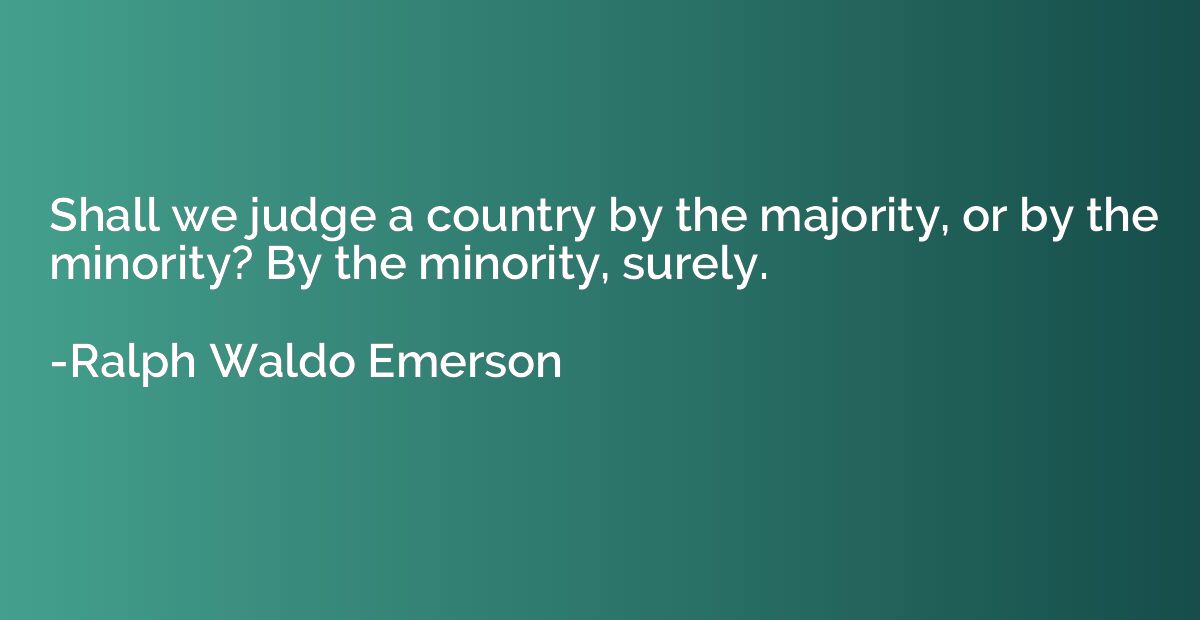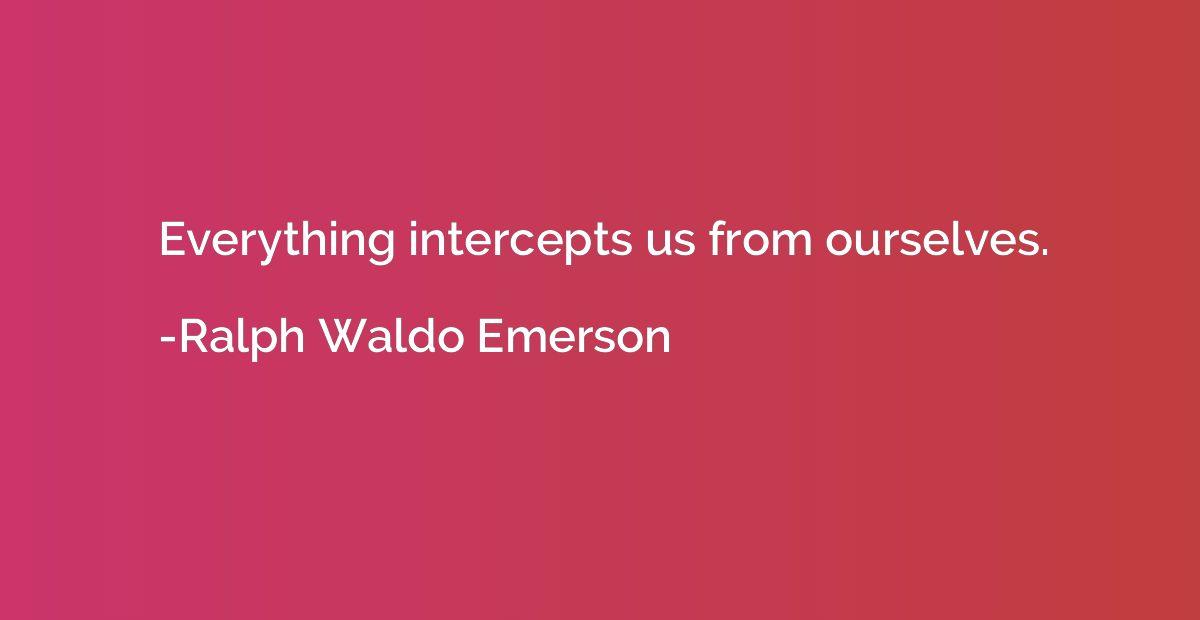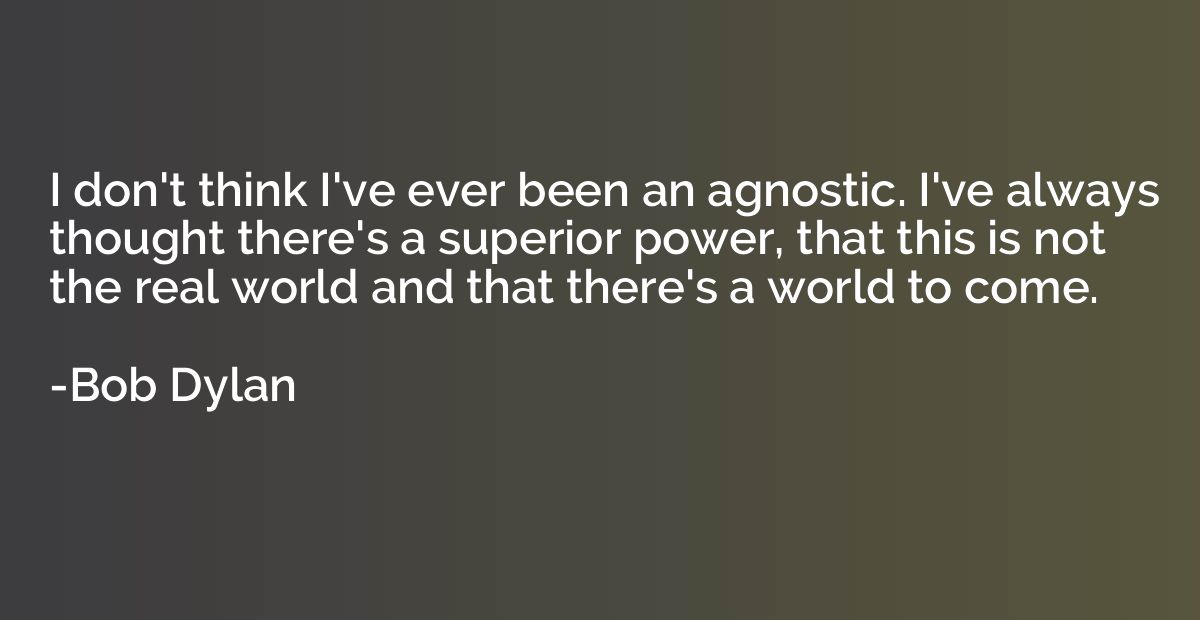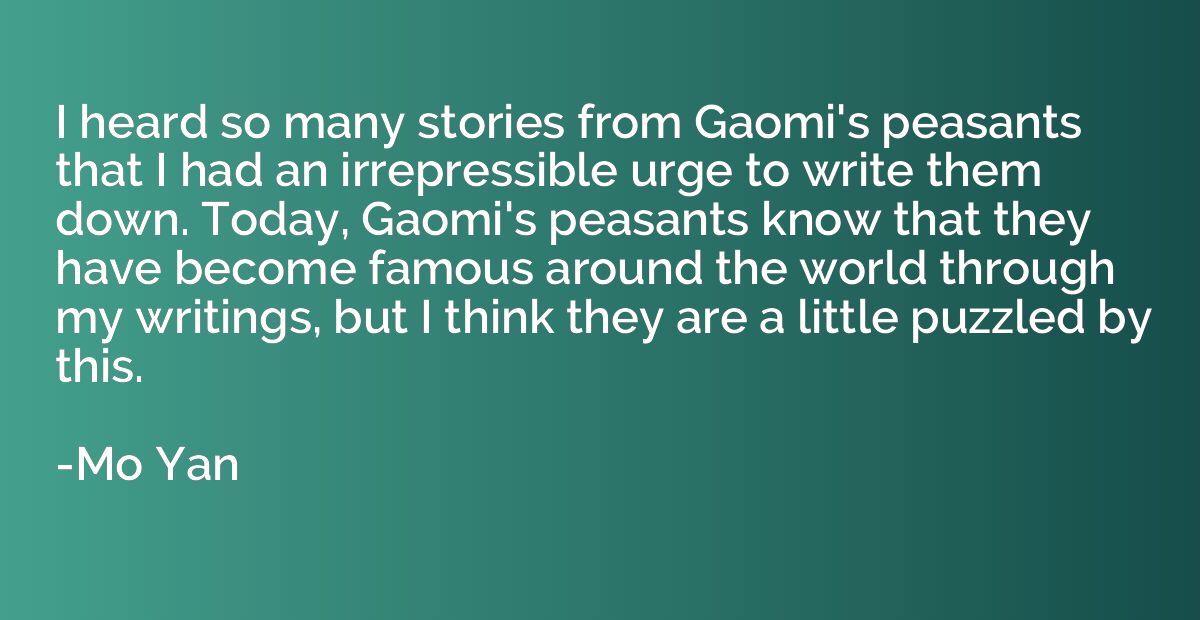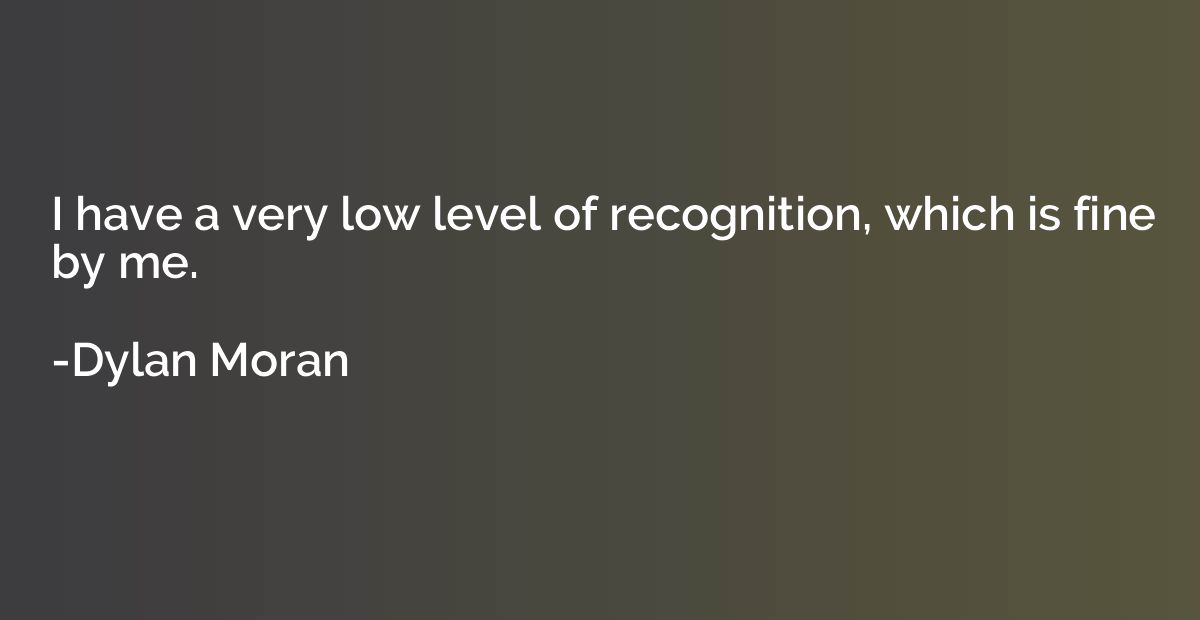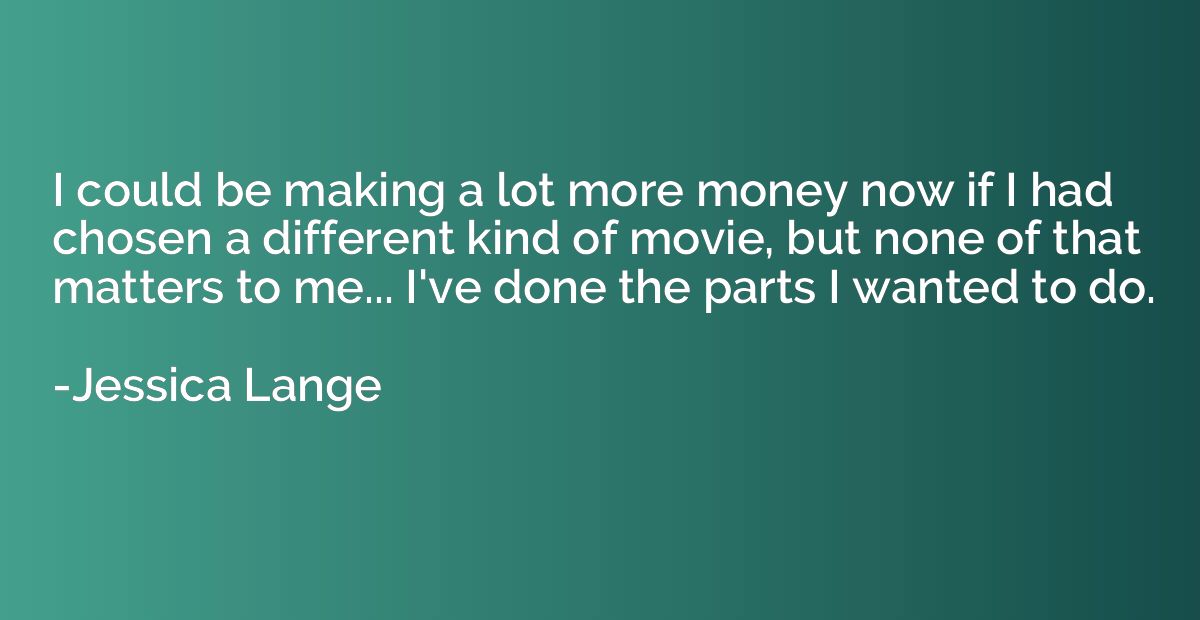Quote by Charles Dickens
I believed, from the solitary and thoughtful way in which my mother murmured her song, that she was alone. And I went softly into the room. She was sitting by the fire, suckling an infant, whose tiny hand she held against her neck. Her eyes were looking down upon its face, and she sat singing to it. I was so far right, that she had no other companion. I spoke to her, and she started, and cried out. But seeing me, she called me her dear Davy, her own boy! and coming half across the room to meet me, kneeled down upon the ground and kissed me, and laid my head down on her bosom near the little creature that was nestling there, and put its hand up to my lips. I wish I had died. I wish I had died then, with that feeling in my Heart! I should have been more fit for Heaven than I ever have been since.
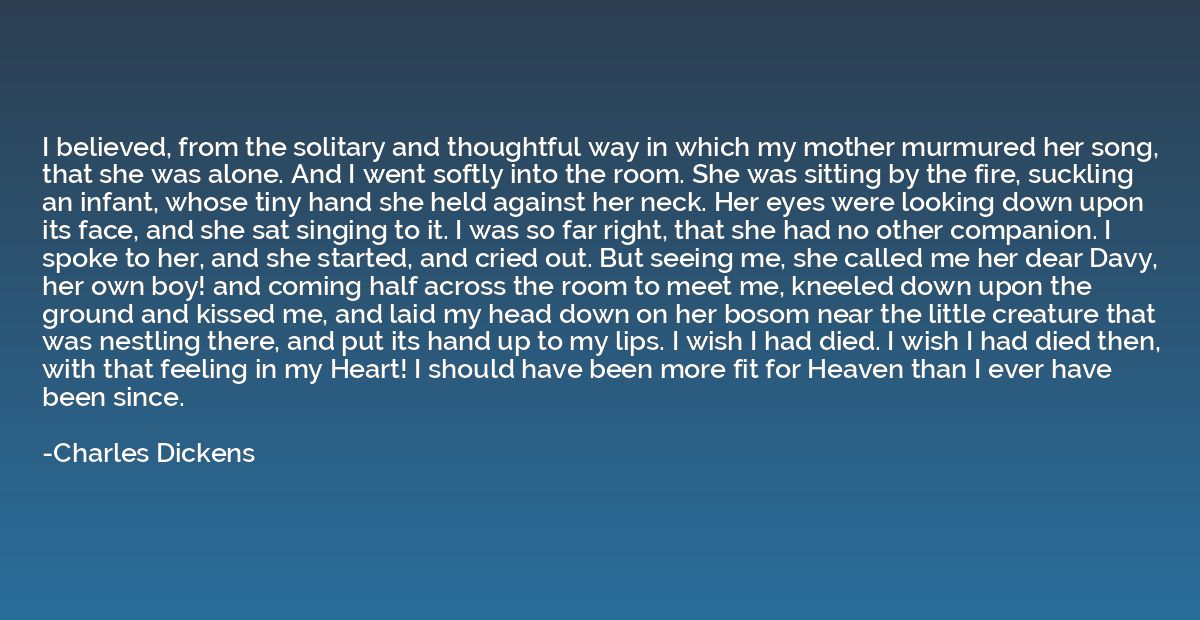
Summary
This quote portrays a poignant moment of realization and longing for familial connection. The speaker enters the room to find their mother apparently alone, softly humming a song. However, upon closer inspection, they discover she is nursing an infant, emphasizing her solitude. The speaker's mother is startled but joyfully recognizes them and affectionately embraces them, positioning their head near the baby. The speaker, overwhelmed by the depths of love and tenderness in that moment, expresses a longing to have died then, believing they would have been more deserving of Heaven. This passage captures the intensity of emotional bonds and the yearning for eternal bliss.




